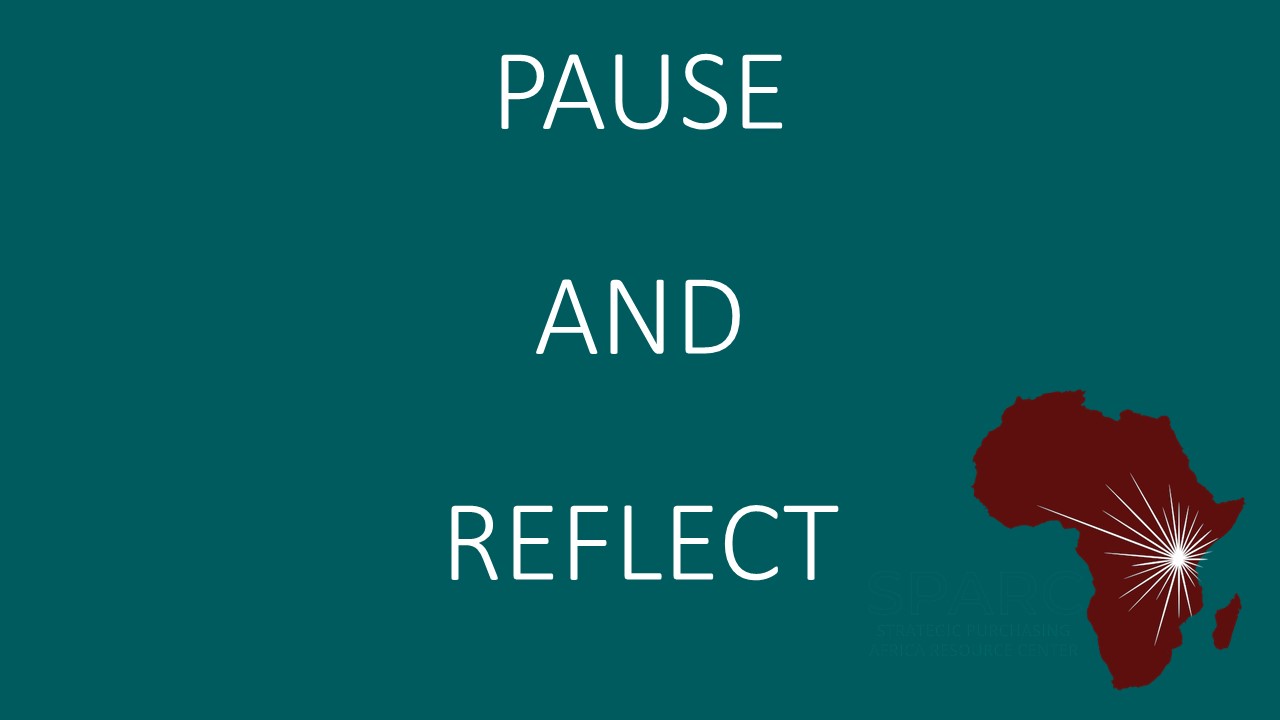To make the most efficient use of limited resources for healthcare, governments must have access to information – the healthcare needs of the population and the budget available to address these, utilize this information to decide what to buy (health benefit package), who to buy from (provider selection), what to pay (tariff), how to pay (provider payment methods) and then monitor these functions to ensure that they continue to meet the initial objectives of revenue allocation. This is strategic purchasing – the deliberate use of information for purchasing decisions.
If information is the differentiator for strategic purchasing, then we must focus on its key ingredient: data – its sources, quality, collection, interpretation and use for decision-making. This data (even though on its own, just a bunch of numbers or facts which could mean anything), can then be sliced and diced in several ways to tell a story that provides meaningful insights.
Is this capacity to harness data to provide useful insights useful during the COVID-19 pandemic? More than ever! As LMICs with already fragile health systems struggle to mount an appropriate response to COVID19 with limited resources, data is king! It will help support planning of the use of scarce resources such as health-care facilities and provide critical information on the service provision and medical commodities gap that can help prioritize key needs and support trade-off decisions, amongst others.
How then can countries leverage data/information for purchasing at this critical time, given that we know that in most countries in Africa, the systematic use of data for decision-making is still not optimal? We invited our country partners in Ghana to #SPARCchat to share their thoughts and experience on how to leverage this capacity for the COVID-19 response.
What did we learn? That access to ‘open, complete and high-quality’ data can support and monitor response to the pandemic (and potentially other health system reforms). The data needed for this is however, stored in different databases in Ghana – National Health Insurance Scheme – (Claims data); National Health Insurance Authority (Medicines Price list); National Health Insurance Scheme tariffs; Logistics Management Information System, District Health Information Management System and mostly aggregated. But, the pandemic appears to be providing an opportunity for discussions to integrate fragmented data.
Some of the challenges flagged by the Ghana team including lack of data integration, aggregated data that does not provide individual-level information, no real-time data, etc. bedevil most countries. What can countries do in these situations? Is strategic purchasing reliant on perfect information? The answer to this is not an easy one and involves balancing the cost of waiting for better information against the cost of premature action and decisions . This point was further made by Dr Ejemai Eboreime, guest writer for our blog post of the month. He makes the case that because of the many unknowns around COVID-19, policy advisors may need to focus more on decision processes rather than outcomes and refine these as more information becomes available. And so, this means doing the ‘best possible’ with imperfect information because doing nothing or waiting to decide, in this case, may not be viable options.
Fahdi Dkhimi, a member of our regional network of experts, argues that a good way to look at the use of data for strategic purchasing and the COVID-19 pandemic more specifically is to 1) understand the information we need for specific purchasing decisions (eg to monitor surge capacity, we need information on number of beds available), 2) identify the ‘routine’ data sources that already exist, collect different types of data and can be leveraged for the response, 3) identify key data points that are missing and how to address this and 4) support the use of data for decision-making. This process is affected by several other factors e.g. change management, the willingness of Ministries, Departments and Agencies and other stakeholders to collaborate and share information, leadership support for and/or willingness to pursue data integration, data privacy concerns (also raised by the Ghana country team) etc.
Notwithstanding the challenges, data is a critical enabler, not just of strategic purchasing but also of stakeholder management. The availability of good quality data is a key tool for communication – laying out all options for leadership and inspiring confidence and trust in stakeholders, coordinating and mobilizing them to initiate and/or maintain needed reforms. When this communication leads to national, sub-national, intra and cross-country collaboration, learning and joint coordination of efforts especially during global events or shocks like the COVID-19 pandemic, then countries are empowered to take the best quality decisions for their contexts at any given time and significantly reduce their learning curves.
As we pause and reflect on this message this month, noteworthy questions remain: what works, when, where, why and how? What do you see as the critical enablers of data use in countries? What country examples can showcase this? What were the enabling conditions in those countries? Any lessons learned that can be adopted by other countries? Does this pandemic provide a good opportunity to introduce evidence on the benefits of a systematic use of data for decision making and its contribution to the journey towards UHC?
One fact remains clear: countries cannot spend their way to UHC – the resources just do not exist and have been further constrained by COVID-19. To do the best with what we have, we need let the data do the talking!
Stay safe!
Nkechi

